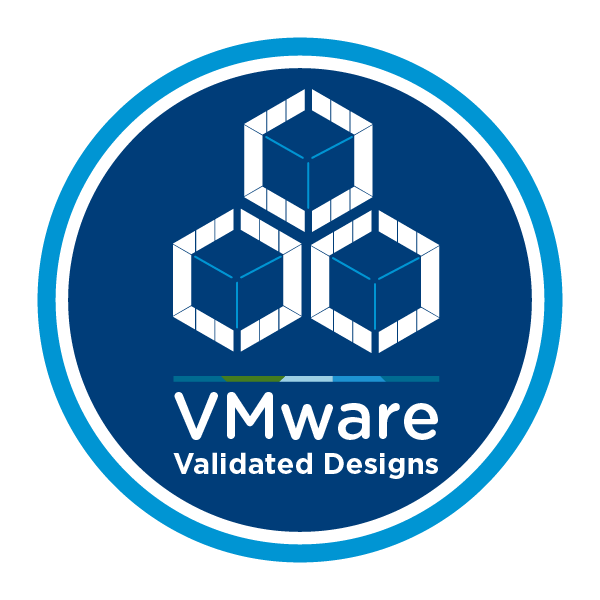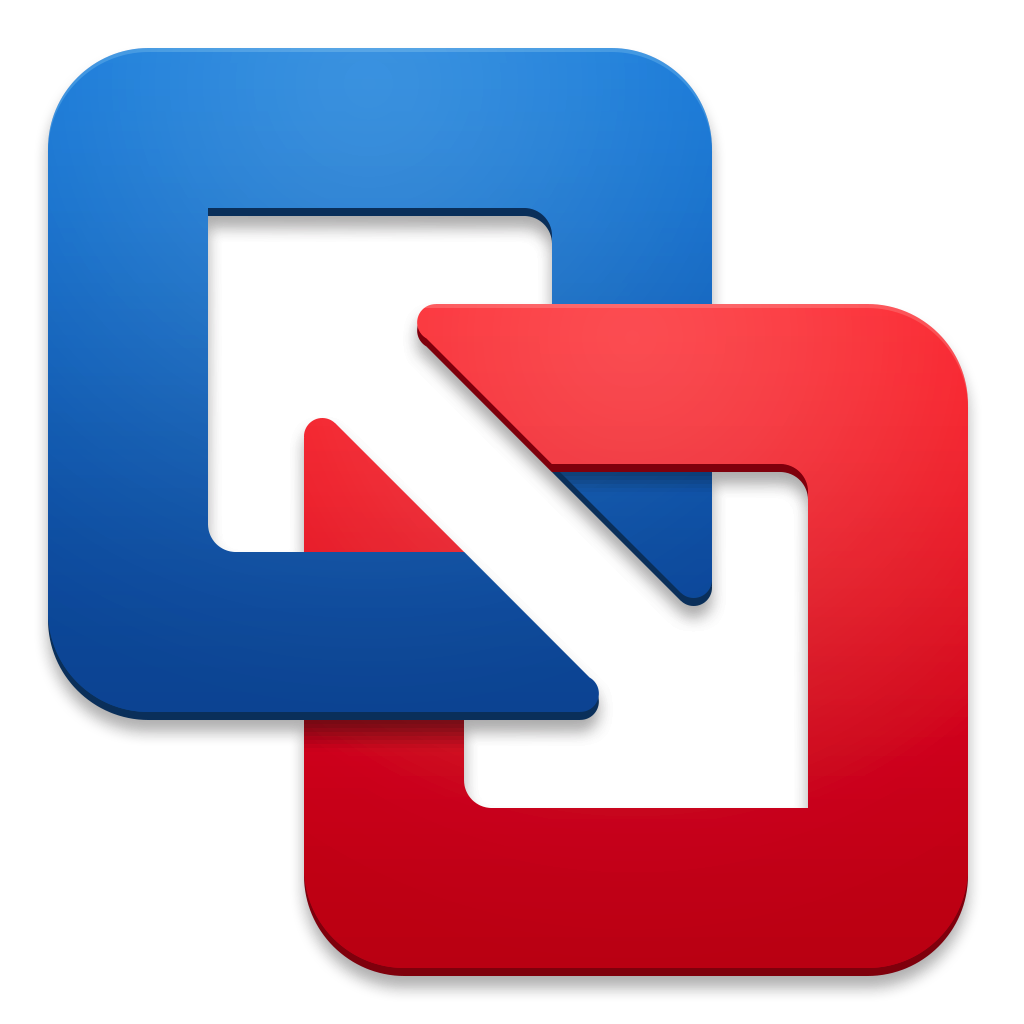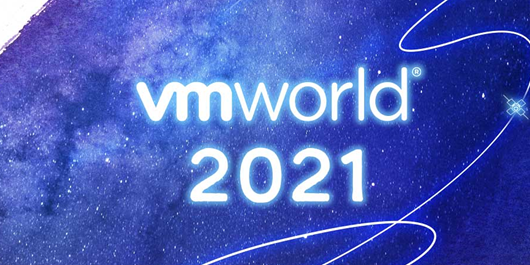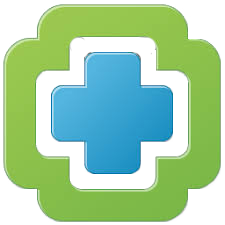 Written by Simon Eady
on 6/11/2021
Written by Simon Eady
on 6/11/2021
If you have spent any time designing IT soutions with VMware products you will very likely have come into contact with VMware Validated Designs (VVD)
VMware Validated Design is a family of solutions for data center designs that span compute, storage, networking, and management, serving as a blueprint for your Software-Defined Data Center (SDDC) implementation. The documentation of VMware Validated Design consists of succeeding deliverables for all stages of the SDDC life cycle.
 Written by Simon Eady
on 2/11/2021
Written by Simon Eady
on 2/11/2021
Having not sat any VMware exams recently (MSC exam not including) I had to update my VMware certification status and therefore sit the VCP exam.
The VCP-DCV 2021 certification validates candidate skills to implement, manage, and troubleshoot a vSphere infrastructure, using best practices to provide a powerful, flexible, and secure foundation for business agility that can accelerate the transformation to cloud computing.
 Written by Sam McGeown
on 1/9/2021
Written by Sam McGeown
on 1/9/2021
Just recently Docker announced some new pricing tiers for it’s almost ubiquitous Docker Desktop. I’m not going to opine much on this, time will tell whether this is a company saving move or not. Suffice to say that I work for a large company and would need a subscription to continue using Docker Desktop.
The venerable snark analysis.
 Written by Sam McGeown
on 31/8/2021
Written by Sam McGeown
on 31/8/2021
I can tell from the ever-increasing urgency of emails from the events team that VMworld 2021 is just around the corner!
Virtual conference event fatigue is real. I have attended and presented at many since the pandemic began, with varying levels of engagement. As an introvert, I can’t quite believe I’m saying this, but I can’t wait to get pack to meeting up with people in the real world!
The value of a conference is super-charged by the mix of dedicated time, networking opportunities and quality live content. Unfortunately for me a virtual conference tends to be diluted by distractions on-screen (and off) and is missing the key ingredient of those haphazard incidental meetups in the conference center. And whether you prefer on-demand pre-recorded content or not, for me it loses some of it’s appeal when you know the mistakes are edited out. And yes, I edit out my mistakes.
 Written by Sam McGeown
on 25/6/2021
Written by Sam McGeown
on 25/6/2021
I was doing some testing with adding an external vRealize Orchestrator 8.4 endpoint to vRealize Automation Code Stream 8.4, and it turns out there’s a redirect that happens with the vRO 8.4 appliance that makes the endpoint validation fail. When you enter the URL and click ACCEPT CERTIFICATE the UI will throw an error:
Server error on getting certificates. Http failure response for https://<vRA FQDN>/codestream/api/endpoint-certificate?url=https://<vRO FQDN>: 400 Bad Request
 Written by Simon Eady
on 18/6/2021
Written by Simon Eady
on 18/6/2021
Being a Consultant within a VMware Principal Partner there are standards we need to meet and preferably exceed.
Master Services Competencies (MSCs) are VMware partner designations designed to recognize services-capable partners with delivery expertise and experience within a VMware solution area.
With that in mind I sat the VCF Specialist exam.
The Exam
The exam covers a broad spectrum of VMware technologies (vSphere, NSX-T, vSAN, Tanzu) I was apprehensive about it as there is an awful lot of material to cover that the exam expects you to have good knowledge of. You have 130 minutes to work through 72 question It is available as a remote-proctored exam, and requires a score of 300 or more to pass.
 Written by Simon Eady
on 20/4/2021
Written by Simon Eady
on 20/4/2021
There has been some really exciting things being announced/relased by VMware and their respective product teams recently so lets take a look at all the new goodness in vRealize Operations 8.4
vRealize Operations 8.4
vRealize Operations 8.4 delivers new and enhanced capabilities for self-driving operations to help customers optimize, plan, and scale VMware Cloud, which includes on-premises private cloud or VMware SDDC in multiple public clouds such as VMware Cloud on AWS, Azure VMware Solution (AVS), and Google Cloud VMware Engine (GCVE), while at the same time unifying multi-cloud monitoring, and supporting AWS, Azure Cloud, and Google Cloud platforms. Powered by artificial intelligence (AI), this release will provide a unified operations platform, deliver continuous performance optimization, efficient capacity and cost management, proactive planning, app-aware intelligent remediation, and integrated compliance.
 Written by Sam McGeown
on 8/4/2021
Written by Sam McGeown
on 8/4/2021
Most of my home network runs on my Raspberry Pi Kubernetes cluster
, and for the most part it’s rock solid. However, applications being applications, sometimes they become less responsive than they should (or for example, when my Synology updates itself and reboots, any mounted NFS volumes can cause the running pods to degrade in performance). This isn’t an issue with service liveliness, which can be mitigated with a
 Written by Simon Eady
on 18/3/2021
Written by Simon Eady
on 18/3/2021
Integrating vROps with vRA 8 using Workspace One Auth Source
Product Version - vRealize Automation 8.x
Why integrate vROps with vRA 8?
vRealize Automation can work with vRealize Operations Manager to perform advanced workload placement, provide deployment health and virtual machine metrics, and display pricing.
So what is the problem?
When configuring the integration, you will input the vROps URL and it will also ask you to input a username and password of the service account you wish to use. This is no problem if the accouint is a locally created account in vROps itself but most enterprises will want to use AD created service accounts which are then imported into vROps via WorkSpace One (vIDM)
 Written by Simon Eady
on 21/2/2021
Written by Simon Eady
on 21/2/2021
Why use Content Libraries with vRA 8
Product Version - vRealize Automation 8.x
What are vSphere Content Libraries?
A content library stores and manages content in the form of library items. A single library item can consist of one file or multiple files. For example, the OVF template is a set of files (.ovf, .vmdk, and .mf). When you upload an OVF template to the library, you upload the entire set of files, but the result is a single library item of the OVF Template type.
